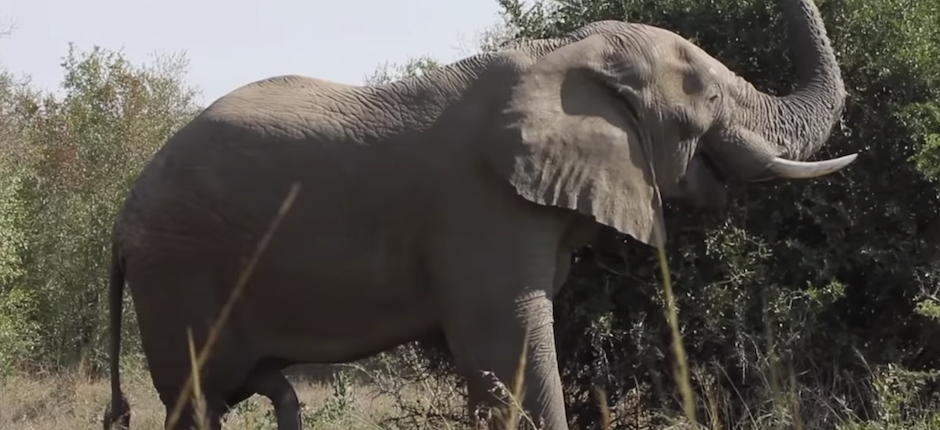Problems Elephants May Cause to Humans
As urbanization reduce the natural habitat of the elephants and farmer plant crops that attract the interest of this animal, elephants are bound to cause conflict to humans. While some of the people in the West will show the animal with admiration and affection, those who are sharing their territory will often feel anger and fear towards their presence. However, understand that we are the first one who invaded their territory.

List of Issues and Problems Related to Elephants
Elephants can devour an average of 450 kilos of food daily. They can cause considerable mess by scattering and uprooting things that they have eaten. An elephant can decimate hectare of crops in just a matter of time. This can lead to a range of problems to humans.
Retaliation
The crop raiding and conflict with human and elephant can foster hatred and may lead to the animals being killed since they are being nuisance creatures. This is the incident that happened in India last 2001 when less than 60 elephants died. The conflict between humans and the elephants will take toll on both population and the property. Every year, there are at least 100 people that are being killed by elephants. Reducing the retaliation on both sides can reduce the conflicts and is necessary to preserve the population of the elephants. During the past few years, the population of the African elephants has significantly declined from 5 million to around 470,000 elephants. Asian elephants on the other hand, are down to 35,000.
Raiding Crops
As we mentioned above, elephants tend to raid crops. The pattern and the reason behind this behavior may vary. Elephants preferred to eat the crops rather than the wild fruits and forages. This is due to palatability and the high nutritional content of the crops. Nonetheless, study shows that the Asian elephants that dwell on small habitats do not raid crops. On the contrary, elephants found in the fragmented landscape will be involved in conflict with humans. In Indonesia, their industry of palm oil is generally affected due to the damages caused by the elephant. An estimated $105million loss each year on palm plantation will occur in Riau, Indonesia.
Finding a Solution to the Conflict
The WWF along with its partners are looking for ways on how to reduce the elephant-human conflicts. This includes planting tobacco and chili that will serve as a barrier that will keep the elephants off the field. Tobacco and chili are being used as repellents that can discourage some creature. However, this may not be enough. Other methods that are being employed include alteration of the farming practice, planting crops that will not attract the attention of elephants and improving the practices on the plantation.
The human-elephant conflict is the result of the degradation of the natural habitat of the elephants. As the area of their habitat reduces, the possible food source in the wild will also reduce. Therefore, they are bound to visit the fields to receive their daily nourishment.
Visit our Wildlife Trapper Henderson home page to learn more about us.

